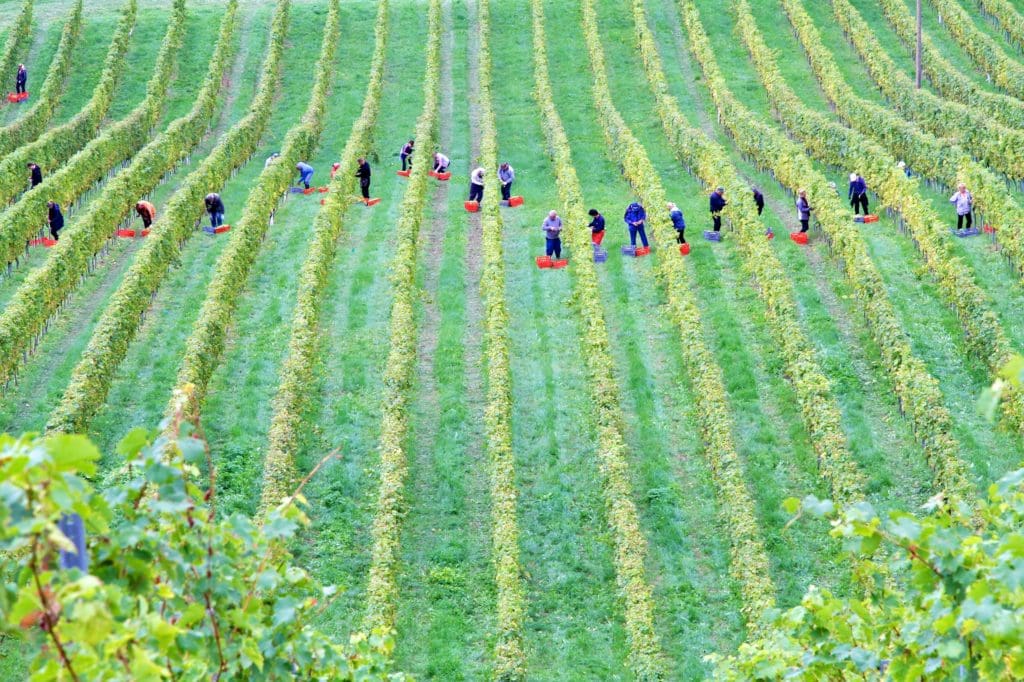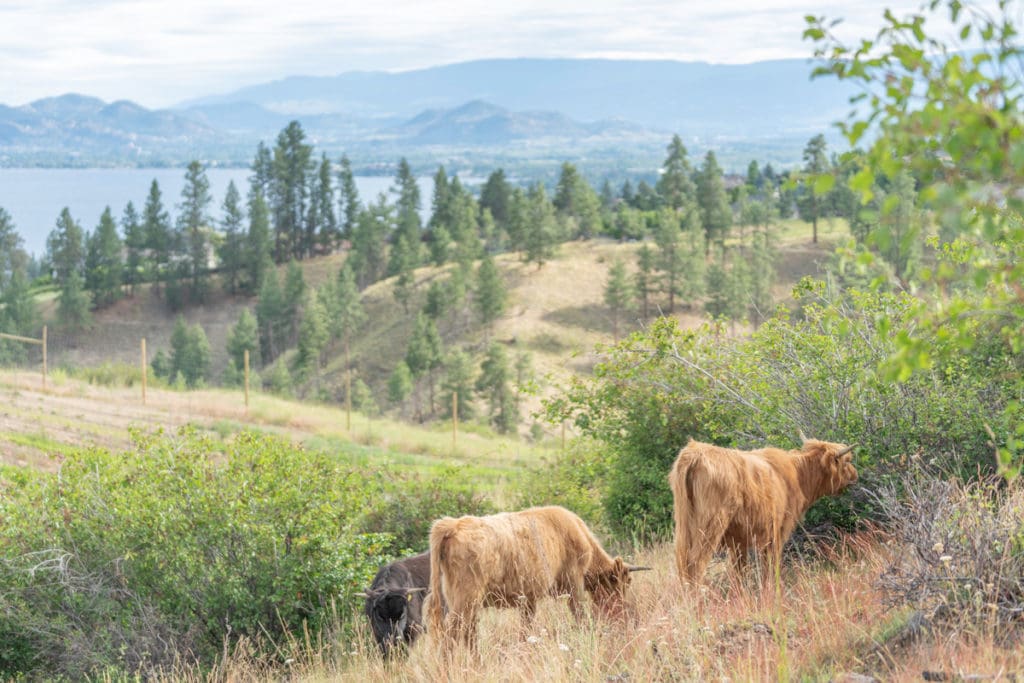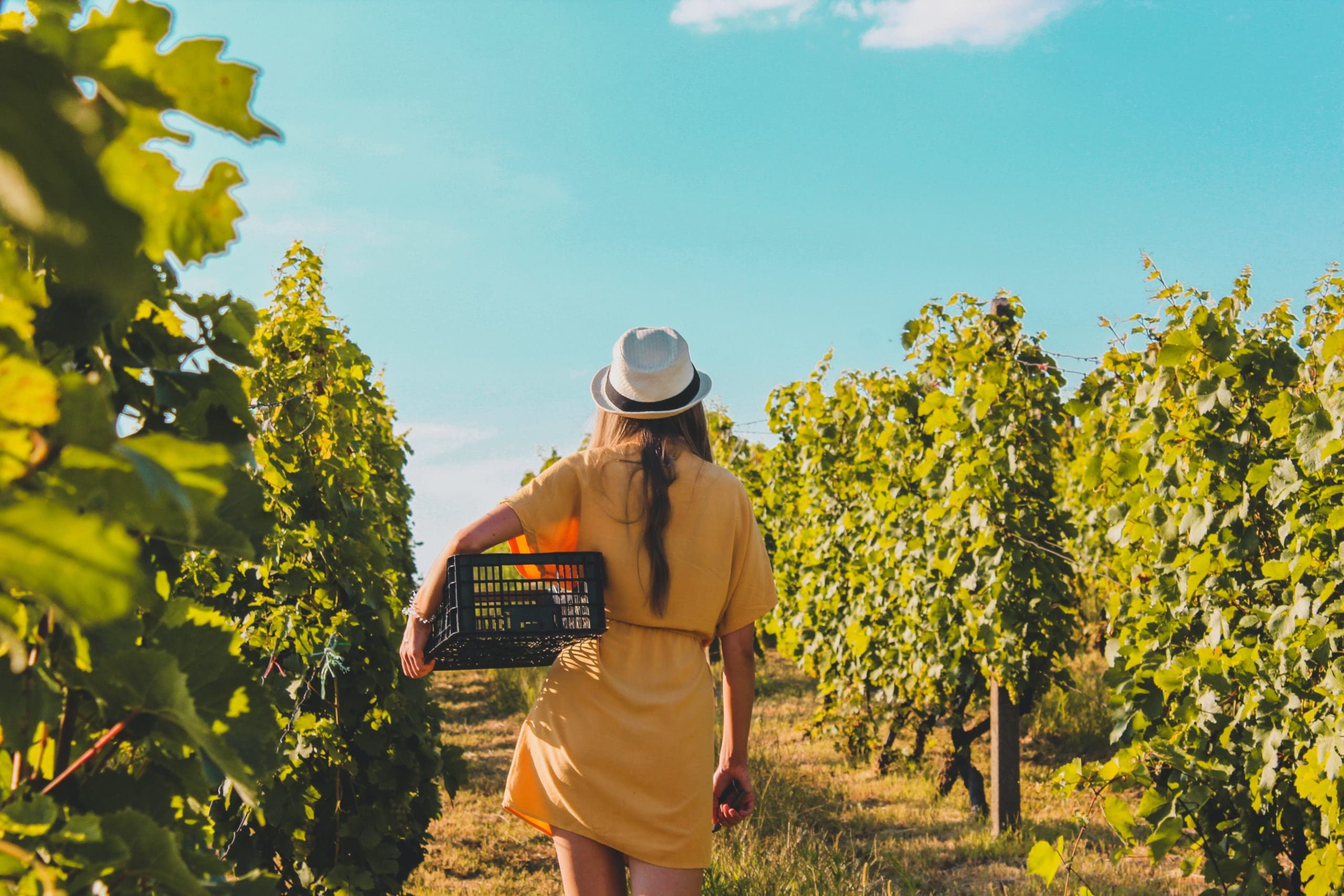Winemakers round the world know there is nothing “constant” about climate change, besides the reality of it. The people who produce our favourite sips are increasingly having to combat drought, fire, pests and diseases, to carefully manage soil health and water consumption, and to rip up and replace vines of cool-climate varietals that can no longer take the growing global heat with types that can. Add to that a global pandemic that’s brought supply chain issues and labour shortages to the mix, and put a renewed focus on what safe, productive and enriching working conditions look like. In other words, besides bottling, they’ve been incorporating sustainability efforts—environmental, economical and social—to their processes to ensure we have wines to enjoy now and for generations to come.

Rodney Strong Vineyards has been a pioneer in wine sustainability for decades; the Klein family owners have been agriculturalists in California’s Sonoma County for more than a century and have seen their fair share of natural disasters, war, famine and all manners of market booms and crashes. As a result, they’ve woven green and forward-thinking into the very fabric of the vineyard and have prospered, not because it was trendy or flashy but because investing in the land and the people that care for it is the right thing to do. The winery uses a holistic approach in every area, from vineyard management and winemaking to leadership and the way the business is run.
“It’s critically important that we preserve and protect our environment while running a sustainable business,” says Rodney Strong Vineyards senior vice-president of winemaking and winegrowing, Justin Seidenfeld. “Our goal is to make the best wines in the world. We relentlessly work on ways to achieve that goal but at the end of the day it’s all about balance: how you work with your community, balancing your workforce, farming the vineyards from a balanced perspective. My passion is all about the connections that wine creates; the connection you feel with the earth where the grapes are grown, the connection we feel at the winery with the people who enjoy our wines, and the connections that the joy of wine creates between the family and friends who share each bottle at their dinner table.”
Since wine is an agricultural product, it’s important to give back as much love to those vines as they give to us. Rodney Strong Vineyards has made significant efforts in environmental conservation, incorporating smart-watering irrigation systems to drastically reduce water consumption, electing to remove synthetic chemicals, installing vast solar panel arrays and using cover crops and wildlife foraging ecology to the benefit of its vines. The company, says Seidenfeld, went fully carbon neutral in 2009 as an industry first, and has spent considerable time and investment into soil health and structure to limit erosion and runoff into local water streams. They’ve even made the trellis (a.k.a. grapevine canopy) adaptable for better temperature regulation for when things heat up, and are able to plant vines in higher, cooler elevations on guidance from climate adaptation studies.

Plenty of B.C. wineries have committed to going organic; in Kelowna, CedarCreek Estate bucks the use of synthetic products in the vineyard to make some great, low-intervention wines (also how charming are this winery’s resident Scottish Highland cattle, Tui, Fern and Milo, whose hooves break up the soil as they wander the vineyard rows and manure is good for compost and attracting beneficial bugs and birds?). Nearby, Tantalus sports a 10-acre native vegetation forest in its vineyards for wildlife, nesting boxes and a bee farm—just to scratch the surface of its sustainability efforts.
Back over the border at Oregon’s King Estate Winery—the largest biodynamic winery in North America—the whole vineyard ecosystem functions as a whole and is self-sustaining. Further afield, in Reims, France, revolutionary new packaging has just been released by the oldest established Champagne house, Ruinart. “Second Skin” is a fully recyclable, lighter, pulp-based bottle skin that replaces the traditional gift box resulting in a total 60 per cent carbon-impact reduction for the brand (yes, they did just make bubbles even better!). And, of course, no business could be sustainable without the employees and community around it; big-picture-thinking groups like Rodney Strong Vineyards support the grape-growing partners in good times and bad, hire a workforce that is diverse and representative, and band together with other wineries in the wake of tragedies like wildfires, which have become all-too prevalent.
Designing and maintaining a winery with sustainability in mind does come at a cost but, as a consumer, it’s a marginal and justifiable one that supports our collective future. And for makers, whose key goal is to produce the best wines possible, doing it in a sustainable, future-focused way and succeeding means that we all win. —Janet Helou
rodneystrong.com

Be the first to comment